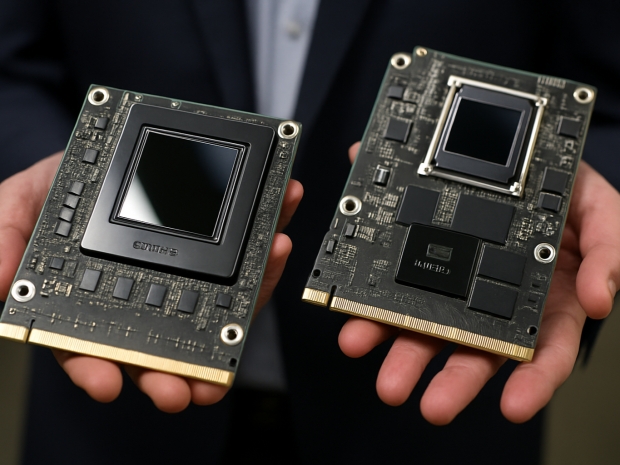Nvidia had been eyeing the agreement eagerly after President Trump pushed it during a Middle East visit in May. The plan was to finalise details quickly, but weeks later the countries are still wrangling over the fine print.
Some officials in Washington are twitchy about the possibility that China could sneak its way into accessing the advanced US tech, according to people familiar with the talks. Unless the UAE accepts stricter terms, the disagreement may drag on indefinitely, they said.
A key sticking point is G42, an Abu Dhabi-based AI outfit that was supposed to get roughly 20 per cent of the chips. Commerce Department officials now refuse to greenlight shipments directly to G42, at least for now.
Despite the roadblocks, Commerce Secretary Howard Lutnick insisted through a spokesman that “the implementation plan for the deal signed in the Emirates will continue on time and on schedule.” UAE ambassador to the US Yousef Al Otaiba also stayed upbeat, saying the agreement “will deliver enormous benefits to both countries.”
Officials met again on Tuesday at a tech-and-energy summit in Pittsburgh to try and keep the deal alive. But the delays are frustrating tech execs desperate to cash in on the AI boom overseas.
Nvidia chief executive Jensen Huang personally told Trump how crucial the deal was in a recent meeting, sources said. Some fear Chinese tech giant Huawei could exploit the holdup to flog its chips in the Middle East.
The heart of the fight is access to Nvidia’s top-tier semiconductors. These chips are what train massive AI models, fuelling the high-stakes race between the US and China for AI supremacy.
Under the nonbinding framework agreed in May, the UAE would get hundreds of thousands of Nvidia chips over several years to help build AI data centres. Most would go to US tech firms like OpenAI and Microsoft running those facilities, but G42 was also meant to have a significant role.
That’s what’s setting off alarm bells in Washington. Some officials worry China could siphon off the tech through Emirati partners, particularly G42. Cutting them out risks angering the Emiratis, who see G42 as central to their own AI ambitions.
David Sacks, the White House’s AI czar and one of the deal’s architects, is furious about the holdup. “If we don’t provide the technology, then our global competitors will,” he said at the Pittsburgh summit, claiming fears about chip diversion “have been wildly blown out of proportion.”
The Trump administration has already scrapped a Biden-era rule that limited high-end semiconductor exports to friendly nations but hasn’t clarified what will replace it. The lack of clear policy leaves tech firms guessing how many chips they can ship and just how powerful those chips can be.




